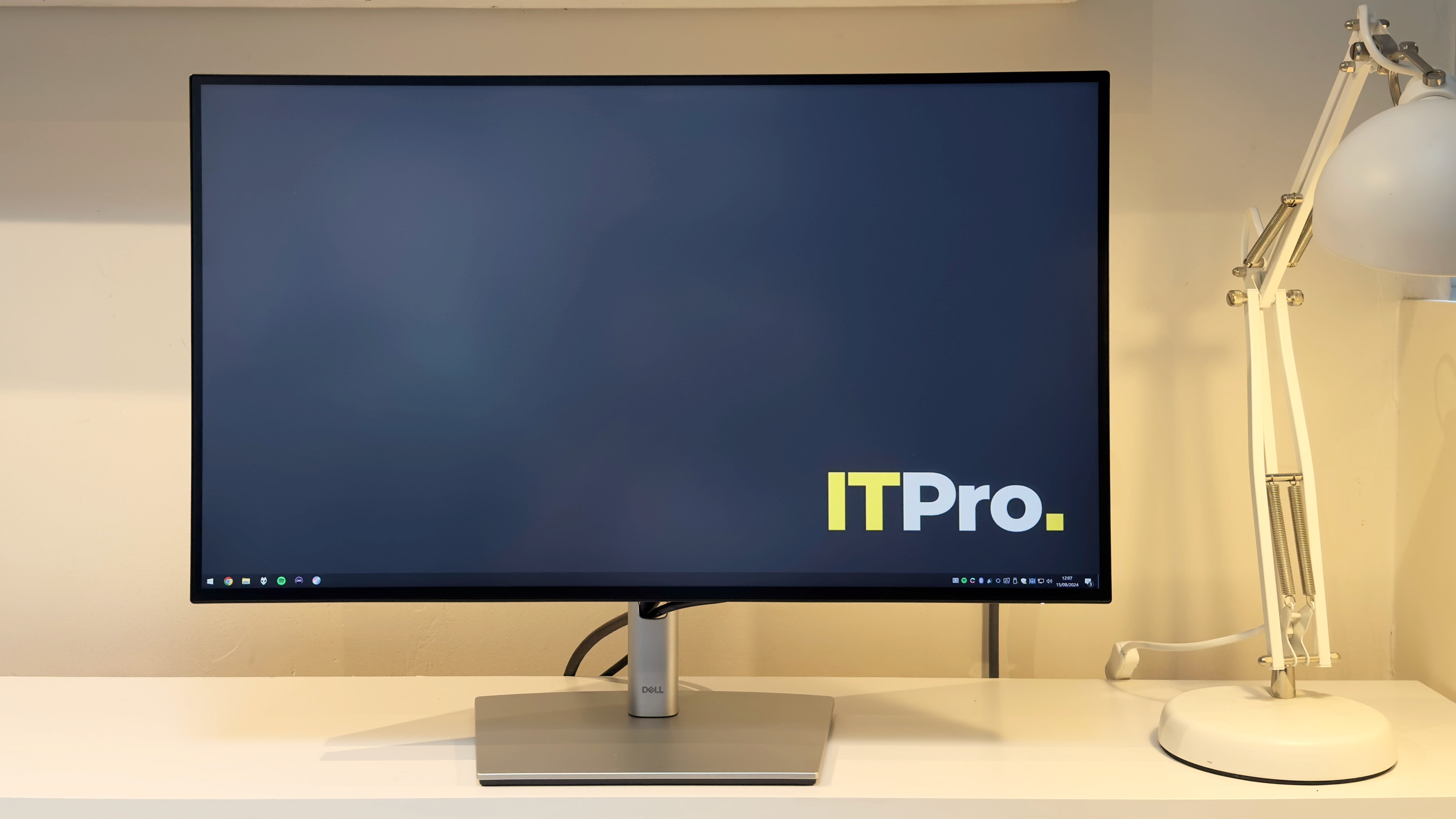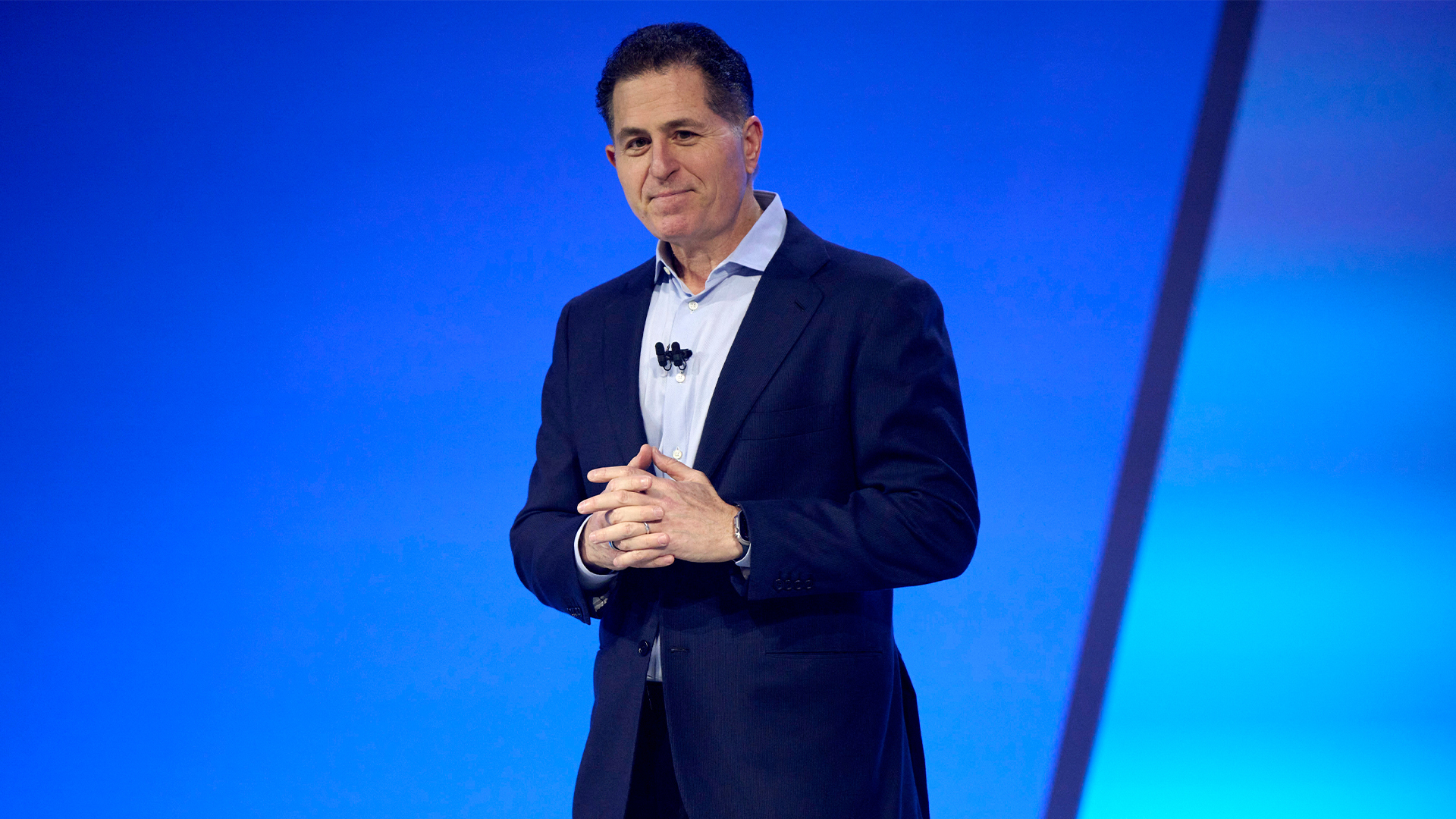Over 900 laptops lost at Heathrow each week?
And fewer than half are recovered or feature data protection, according to a new study.

Business travellers in the US and Europe lose a staggering 15,648 laptops per week, according to a new study by Dell.
On behalf of the computer organisation, Ponemon Institute surveyed 3,034 business travellers at 113 major airports located in the US, UK, France, Germany, Netherlands, Spain and Italy.
Ponemon found that the airports with the highest number of lost, missing or stolen laptops included Los Angeles' LAX, with an estimated weekly loss of 1,200 and London Heathrow, with an estimated weekly loss of 900.
Of those lost laptops, the survey found that 43 per cent were reclaimed in Europe, compared to only 33 per cent in the US.
Ponemon attributed travellers feeling that they were either being rushed, carrying too many things or worrying about flight delays as to reasons why laptops are most commonly lost.
Worryingly, the survey found a high number of travellers who took no steps to protect or secure the information contained on their laptops.
Up to 47 per cent of travellers in France said that the data on their laptops was not backed up, compared to 43 per cent in the UK. Spanish travellers admitted that 71 per cent of them did not take steps to protect the confidential information contained on their laptops, compared to 59 per cent in the UK.
Sign up today and you will receive a free copy of our Future Focus 2025 report - the leading guidance on AI, cybersecurity and other IT challenges as per 700+ senior executives
Meanwhile, 50 per cent of trusting US travellers said that they left their laptop computers under the watchful eye of a fellow passenger, compared to 42 per cent of UK travellers who did the same.
However, there were some travellers that took certain security precautions to safeguard their laptops in case of loss.
Up to 33 per cent of German respondents were most likely to employ whole disk encryption, while only 12 per cent of UK respondents did so. Meanwhile, very few travellers adopted biometic methods to secure their laptops, with the highest proportion (10 per cent) being in France. Only 6 per cent of UK respondents deployed this method.
In light of these findings, Dell and Ponemon made several recommendations to limit loss and ensure the data contained within laptops remains confidential and secure.
Such measures include labelling laptops to ensure that if they are lost they can returned to their owner more easily, and taking appropriate security measures to protect laptops, such as using encryption technologies to avoid misuse of data. They also advised thinking twice about the information carried on the laptop, allowing more time to travel and carrying less so that you are not preoccupied when you travel and finally, and knowing who to contact in the event that a laptop is lost.
-
 Redefining resilience: Why MSP security must evolve to stay ahead
Redefining resilience: Why MSP security must evolve to stay aheadIndustry Insights Basic endpoint protection is no more, but that leads to many opportunities for MSPs...
-
 Microsoft unveils Maia 200 accelerator, claiming better performance per dollar than Amazon and Google
Microsoft unveils Maia 200 accelerator, claiming better performance per dollar than Amazon and GoogleNews The launch of Microsoft’s second-generation silicon solidifies its mission to scale AI workloads and directly control more of its infrastructure
-
 Why a Dell Pro laptop is all you need and more for 2026
Why a Dell Pro laptop is all you need and more for 2026With built-in NPUs and sturdy portability, Dell Pro laptops are a reliable tool for the future of productivity
-
 Dell Technologies World 2025 live – all latest news and updates live from the Venetian Conference Center, Las Vegas
Dell Technologies World 2025 live – all latest news and updates live from the Venetian Conference Center, Las VegasKeep up to date with the news and announcements from Day Two of Dell Technologies' annual conference as they happen
-
 Work and innovate everywhere
Work and innovate everywherewhitepaper Protection across AI attack vectors
-
 Help skilled workers succeed with Dell Latitude 7030 and 7230 Rugged Extreme tablets
Help skilled workers succeed with Dell Latitude 7030 and 7230 Rugged Extreme tabletswhitepaper Help skilled workers succeed with Dell Latitude 7030 and 7230 Rugged Extreme tablets
-

 Dell UltraSharp U2723QE monitor review: Feature-packed and 4K – but not quite perfect
Dell UltraSharp U2723QE monitor review: Feature-packed and 4K – but not quite perfectReviews Anyone needing respectable HDR performance or gaming-friendly features such as adaptive sync or high refresh rates should be looking elsewhere, the Dell U2723QE is just not that kind of monitor
-
 AI is paying dividends for Dell Technologies – booming server sales and rapid networking growth have taken the edge off a rocky period
AI is paying dividends for Dell Technologies – booming server sales and rapid networking growth have taken the edge off a rocky periodNews Despite a troubling period for Dell Technologies, the outlook remains positive amid surging enterprise demand for AI solutions
-
 Dell Technologies World 2024 live: All the news and announcements from day-two
Dell Technologies World 2024 live: All the news and announcements from day-twoLive blog It's day-two at Dell Technologies World 2024 and we're live on the ground in Las Vegas - follow our rolling coverage for all the latest news, updates, and announcements
-
 Dell's Spring Sale: The right time to refresh
Dell's Spring Sale: The right time to refreshSave up to 20% off with these limited-time deals on PCs and more